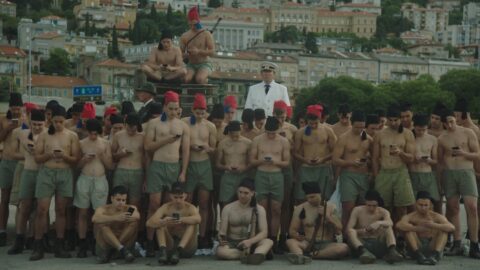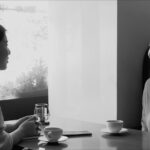Whether it’s features, shorts or mid-length films, Rotterdam Film Festival kicks off the festival year with terrifying abundance. With roughly 400 (four hundred) films across ten different categories in its line-up, the Netherlands’ most prestigious film festival sprawls and sprawls and sprawls with its ridiculous amount of hybrid documentaries, Nordic character dramas, slow Balkan experiments and domestic coming-of-age films. Strangely sandwiched between Sundance and the Berlinale, Rotterdam’s strategy of more is more (Cannes has around 150 films) might give the festival an impressive sense of grandeur, but inevitably, many many (many) films fall through the cracks.
Sometimes it feels like a Berlinale clearance sale, sometimes I get brief glimpses as to why the festival has grown so massively in importance over recent years. Either way, to help guide you through the best of the fest, I’ve attached a drip of entries to my veins, mainlining a variety of efforts, from Serbia to the Netherlands, Mexico to Brazil, USA to Turkey, to sort out what’s worth watching from the Dutch extravaganza — and, more crucially, what’s not.
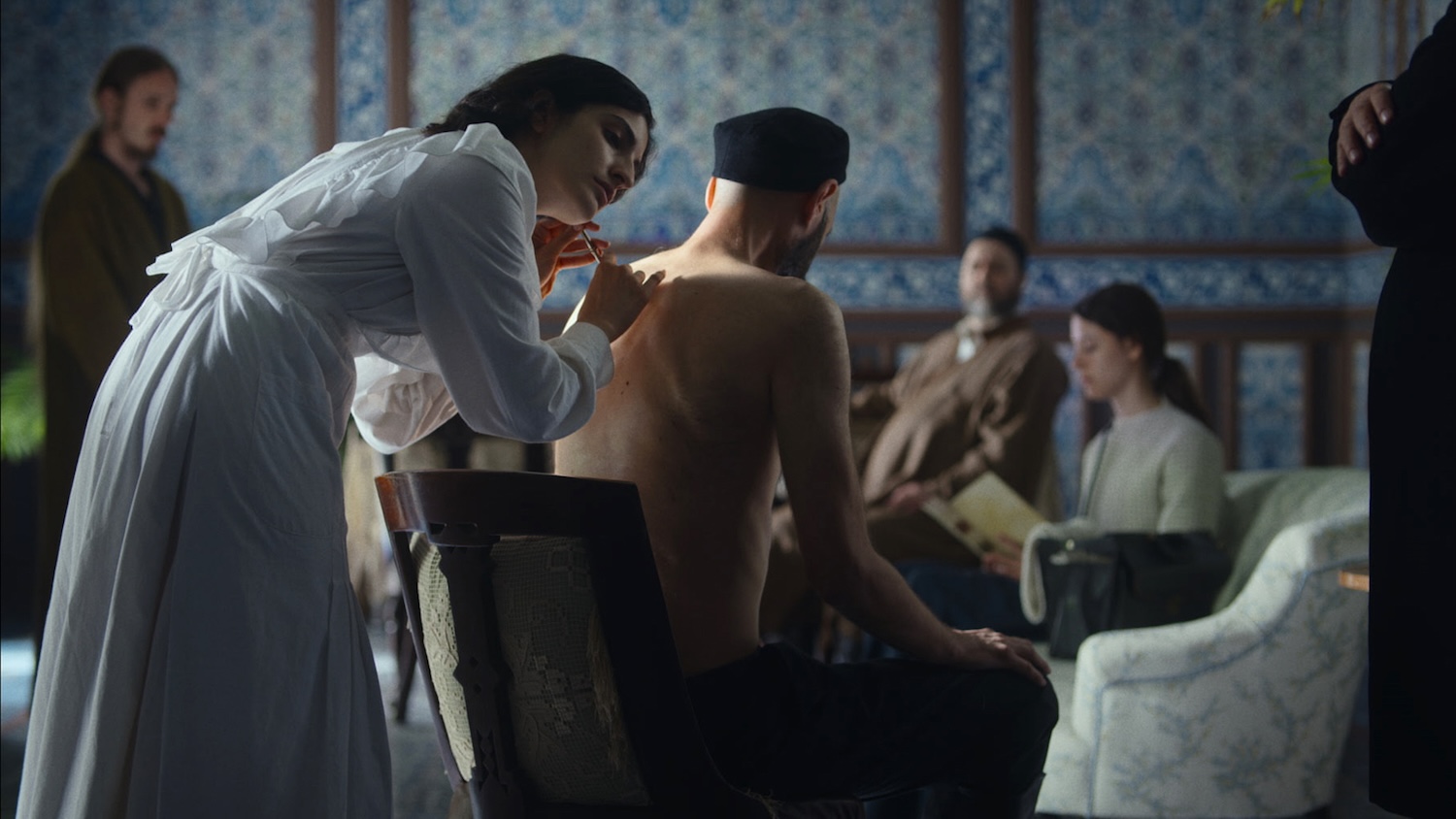
Bringing Up Balkan
As glacial as it is cerebral, as strikingly-made as it is ponderous, Tiger Competition entry Wondrous Is the Silence of My Master (Ivan Salatić, 2025) is an impossible film to get invested in. Telling the story of a 19th century Montenegrin rebel and his second-hand man as they are handsomely framed in exile moping around the palazzos of southern Italy, its a difficult and tedious work that may be easy on the eye — wonderful coastal vistas, faded baroque detailing, a painterly use of light and shadow — but makes no effort to invest us into the declining health of the master, the nostalgic yearnings of his servant or the seemingly savage irony bubbling beneath the surface. Forum-esque period dramas in the Straub-Huillet school of blocking and composition are rarely my thing. This one stretched my patience beyond all reasonable bounds.
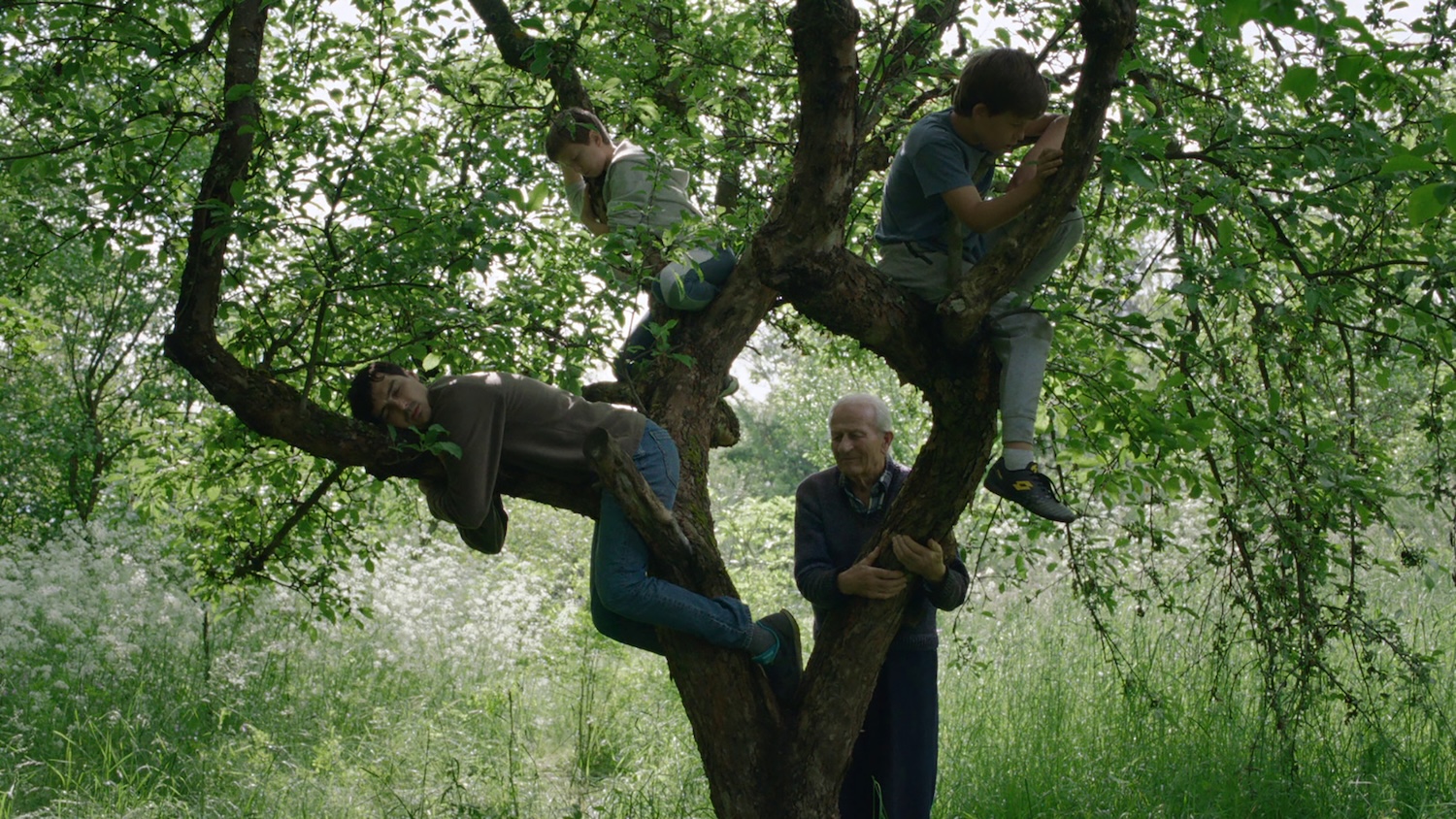
Wind, Talk To Me (Stefan Djordjevic, 2025) — also in the Tiger Competition — is a bit more rewarding than Wondrous. But not much more. It does have the benefit of more sympathetic characters and a wonderful stray ginger dog, yet suffers from a similarly somnambulic pace. The Serbian writer-director plays a variation of himself in this hybrid fiction, returning to his mother’s home, interacting with his other family members and nursing the wee dog he hit with a car back to health. Set in a particularly bucolic countryside, all gorgeous greenery, shimmering lakes and ancient trees — where a bottle of homemade rakia is never far away — it is a film of extreme subtleties; about filmmaking, motherhood and, rather cryptically, the way the wind blows. So subtle in fact, I couldn’t feel any impact. For a better Balkan variation on a similar theme, I’d recommend the far more accomplished Good Children (Filip Peruzović, 2024) instead.
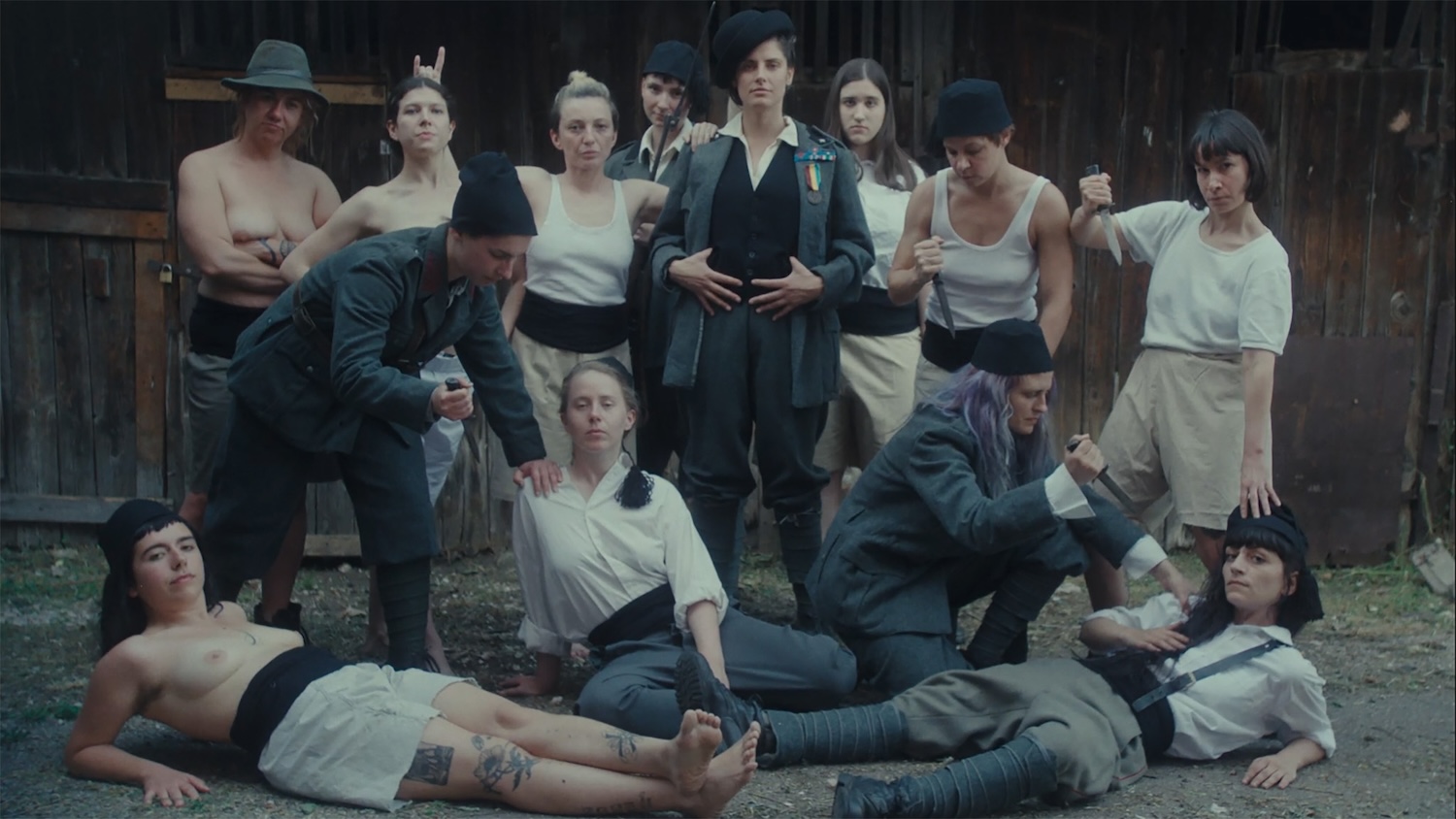
Satirising Fascism
Thankfully, Southern European representation at the festival is resoundedly saved with the hybrid documentary Fiume o morte! (Igor Bezinović, 2025, feature image), playing in the Tiger Competition, reconstructing poet-turned-fascist leader Gabriele D’Annunzio’s occupation of Fiume following the end of the First World War. It helps that city states — from Danzig to Singapore —will never not be fascinating to me, so I was quickly on board with Igor Bezinović’s irreverent take on the historical record.
Shooting in what is now Rijeka, Croatia, with a huge amateur cast taken from the street, the film’s power lies in its unique mixture of playful Wes Anderson-like images — reverse pans, reconstructions of old photos, direct looks to the camera — and its exhaustive exploration of a people and culture caught between Italy and Yugoslavija during a time in history when it seemed like anything was possible — including small city-states run by rogue, self-styled princes. As entertaining as it is educational, as clever as it is thought-provoking, this fantastic documentary satirises fascist tendencies and urgently warns against them.
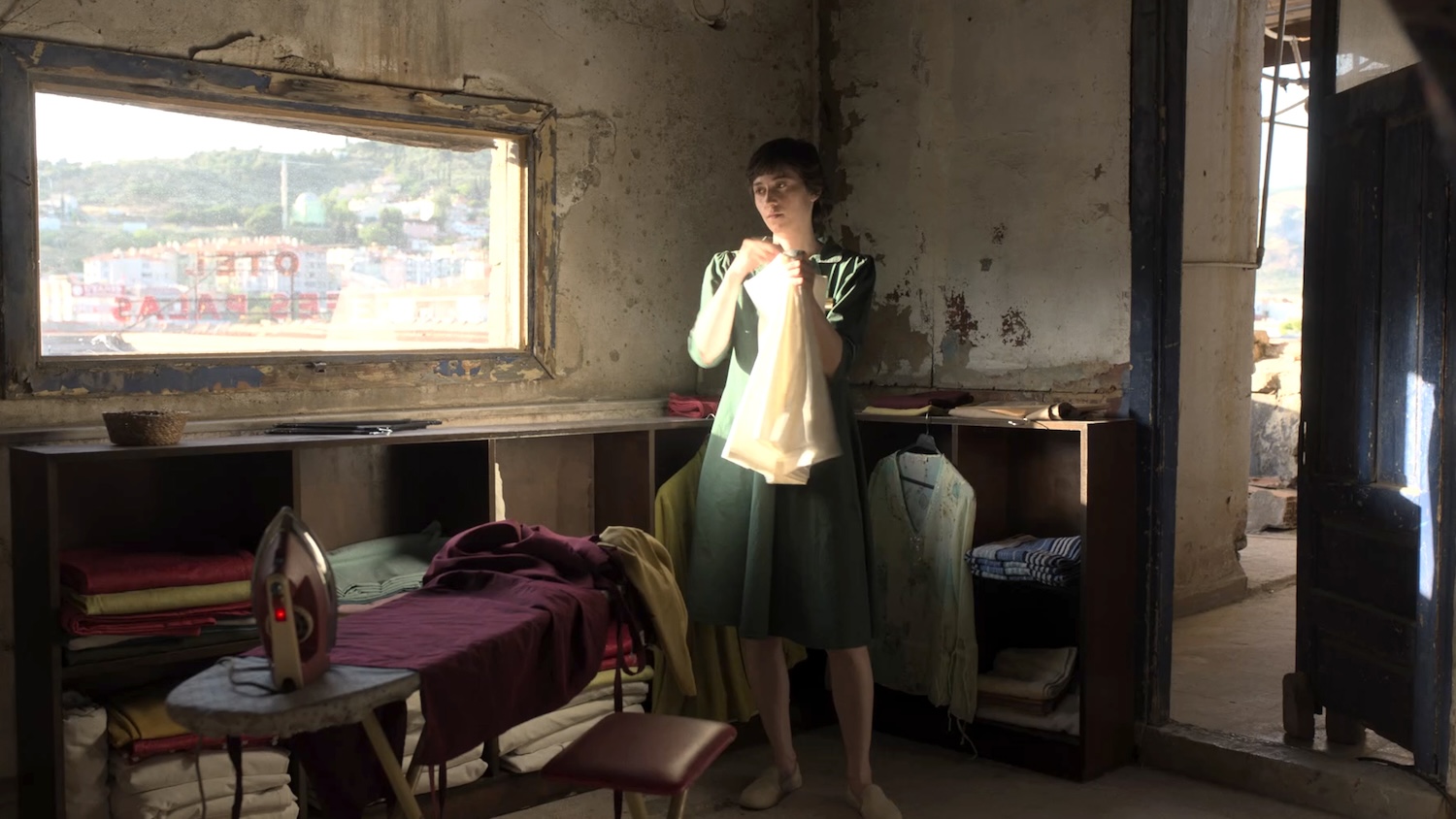
The Never Ending Story
Harbour entry And The Rest Will Follow (Pelin Esmer, 2025) mentions Schererazade at one point, which feels instructional for this Turkish talkie’s aesthetic. In the Arabian Nights, she would tell a new story every evening, ending at the cliffhanger every evening to get yet another stay of execution. And The Rest deploys a similar technique, telling tale after tale after tale without ever getting to the punchline, the final metastructure a frustrating matryoshka doll of stunted storytelling. While starting promisingly enough, depicting an intriguing relationship between an established director and a domestic worker from the small western city of Söke, the film seems happy to recycle the same ideas for a torturous 114-minute runtime, never getting to the point while, more crucially, never changing its aesthetic or feel. Exhausting.
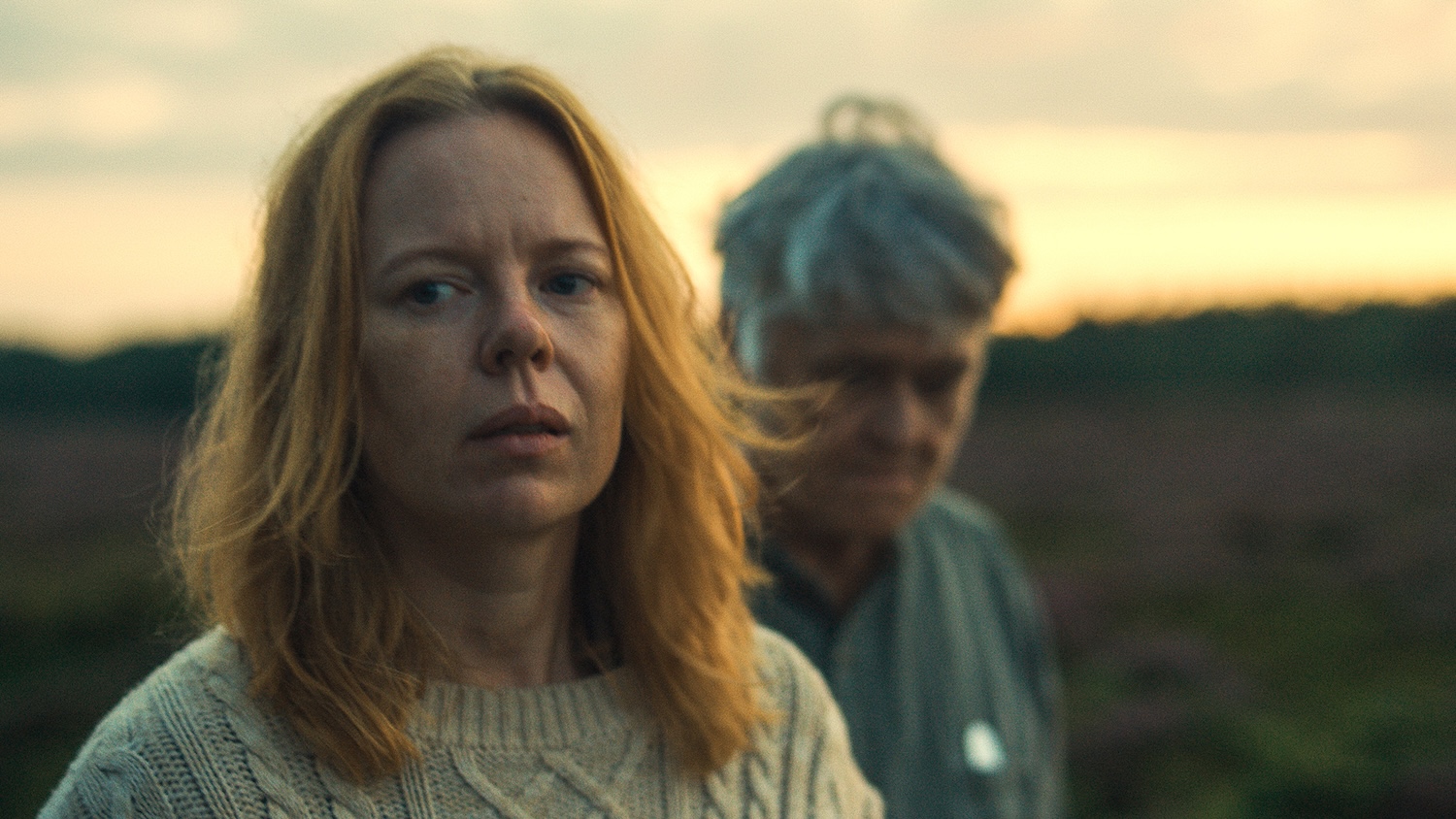
As open-ended as And the Rest Will Follow yet thankfully more tightly weaved around its characters’ conflicts and desires, the Bergmanesque Big Screen entry Orenda (Pirjo Honkasalo, 2025) — replete with sad protestant priests, a windswept Nordic isle, and two women probing each other’s inner lives — is a meditation on faith, belonging, love and God, that inititally promises a slow-drip of shocking revelation before settling into a quiet, stop-start rhythm that never quite exits the “this-is-fine-zone.” While the excellent Alma Pöysti (best known for Fallen Leaves [Aki Kaurismäki, 2023], who could easily have been one of Ingmar’s muses, provides a nuanced performance playing a woman shuffling through the infinitely varied layers of grief — anger, disappointment, confusion, jealousy — and the cinematography by Max Smeds brings the island to life, from pink dusk to red dawn, howling darkness to bleak winds, Orenda’s reveries on the meaning of life never feel supported by the wider narrative.
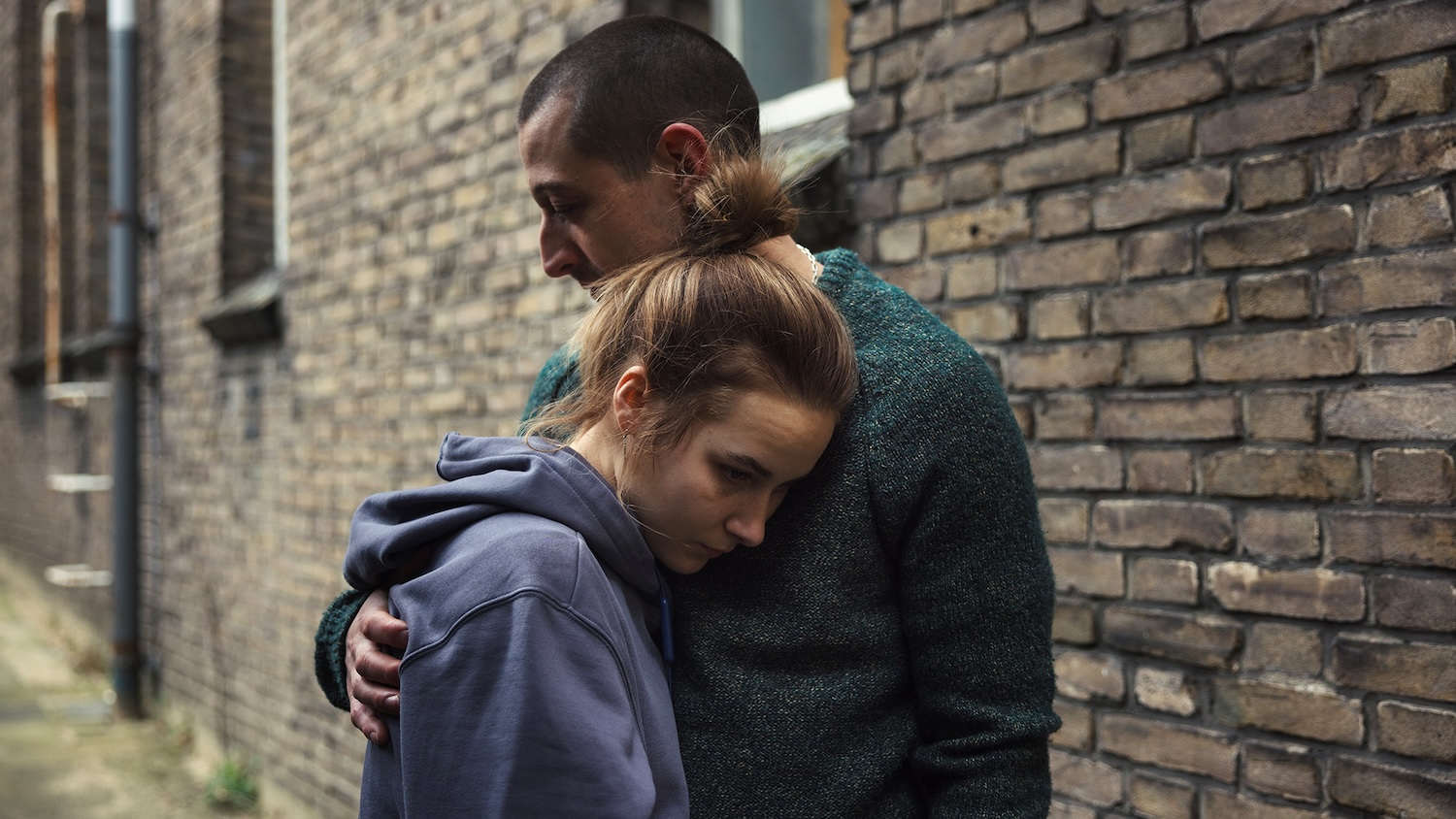
Seeing and Believing
The tight and well-structured Limelight entry I Shall See (Mercedes Stalenhoef, 2025) feels particularly well-poised for an early year premiere, with the memories of firework deaths still fresh in the news after a particularly chaotic New Year’s Eve across Germany and the Netherlands. In Stalenhoef’s excellent feature, playing in the Limelight programme, the 17-year-old Lot (Aiko Beemsterboer) attempts to light a firework, only to see it blow up in her face, leaving her partially sighted.
The cinematography by Mark van Aller is the true star. It recalls The Diving Bell and the Butterfly (Julian Schnabel, 2007) in the way that it finds the perfect aesthetic correlative to her condition, shooting in low light, often obscuring supporting actors, dialling down on the confusion Lot feels as she adjusts to her new reality. Deeply earnest in its depiction of learning to live with this new condition, and centred by a natural and heartfelt performance by Beemsterboer, I Shall See is a poignant and powerful watch.
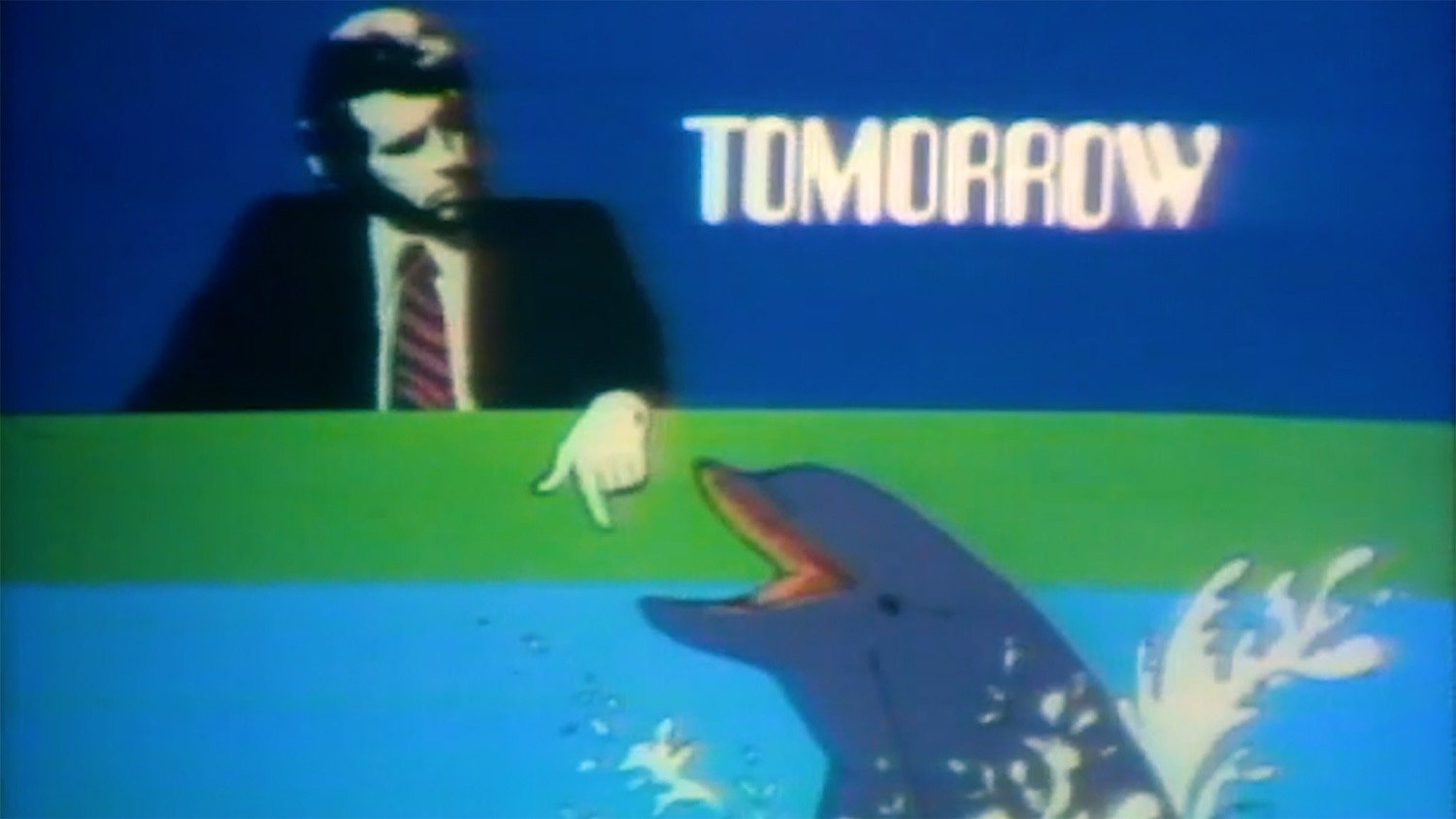
The controversial research of real-life mad scientist John C. Lilly is rapturously recounted by Chloë Sevigny as she narrates Harbour entry John Lilly and the Earth Coincidence Control Office (Michael Almereyda, Courtney Stephens, 2025). With his unique studies into the speaking patterns of dolphins as well as experiments with LSD, his work straddled science fiction and science like a “Möbius strip” — as influential in the film world, with Lilly-like figures appearing in Altered States (Ken Russell, 1980) and The Day of the Dolphin (Mike Nichols, 1973), as he was in scientific research. With a bounty of archival footage as well as a willingness to experiment with formats and ideas, the documentary is as informative as it is experimental, a fine exploration of the outer limits of outré scientific ideas.

Short Stuff
Imbuing a sexual coming-of-age story with a touch of magical realism, Mexican short The Age of Flowering Plants (Magaly Ugarte de Pablo, 2025), playing in the Short & Mid-length programme, strikes just the right tone in its tender exploration of burgeoning lesbianism. Abundant in more flower-as-vulva metaphors than a Georgia O’Keeffe exhibition, radiant in Tumblr-esque Elfin aesthetics and bursting with vibrant colour, its tenderness is matched by its genuine willingness to provoke awe. Deeply naive in all the right ways.
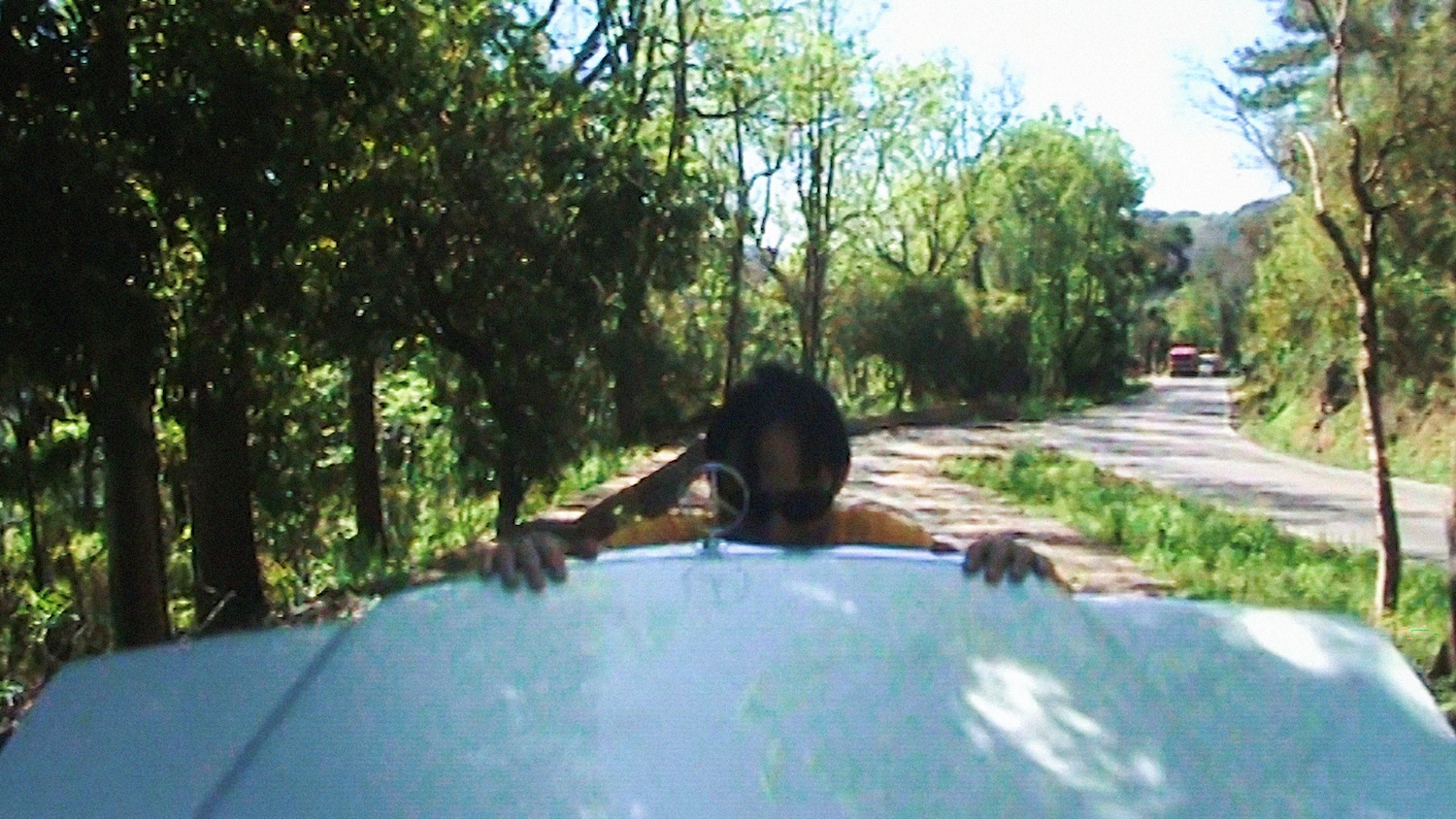
A different kind of naivety, more childlike and faux-innocent, lurks within Bernardo Zanotta’s Brazilian Short and Mid-length programme entry Tragédia (2025), featuring a crime hidden inside repurposed home video footage. It’s the type of found-footage hybrid that feels deeply at home at Rotterdam Film Festival, finding a sideways angle to explore the murder of the protagonist’s philandering father. It starts menacingly in its banality, but the bathetic, mock-operatic conclusion undoes all of the previous atmosphere, revealing a hollow gimmick underneath. A good idea, but underdeveloped.
Like Water Through a Sieve
If you were to divide Rotterdam’s 400 films by nine — the amount of films covered in this article — you end up with less than two and a half percent of the total selection of the festival’s offerings. Rotterdam is not even an A-list festival, yet it presents more films than one could possibly ever watch in the span of an entire year, condensed over a week and a half. Covering its programme is like catching water in a sieve. Nonetheless, if I had to recommend a couple of titles here, ones that actually did truly innovative things with cinematic form, then go for Fiume o morte! or I Shall See. Whether anyone still talks about these movies in a year remains to be seen…
Redmond is the editor-in-chief of Journey Into Cinema.
